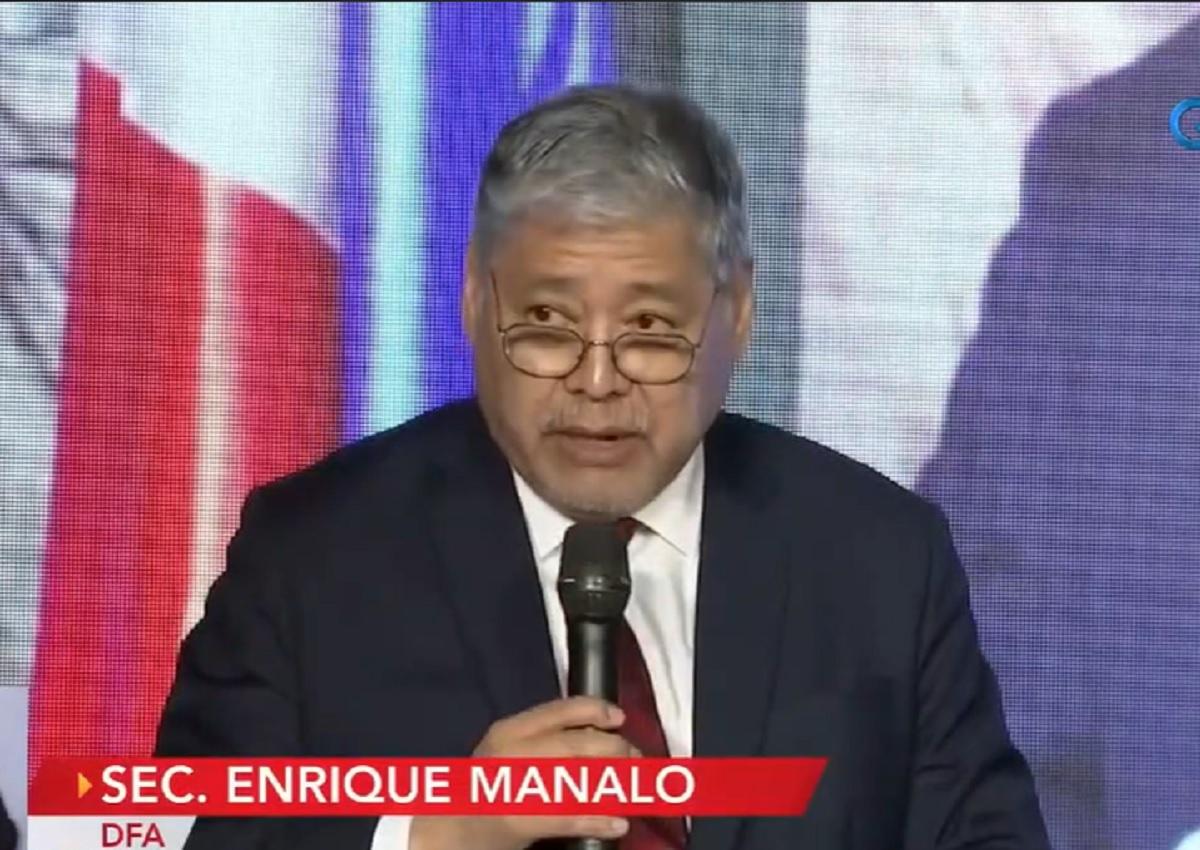Making South China Sea a domain of peace requires ‘collective responsibility’ –Manalo
By ANNA FELICIA BAJO, GMA Integrated News Published March 4, 2024 12:53pm MELBOURNE, Australia – Foreign Affairs (DFA) Secretary Enrique Manalo on Monday underscored that ensuring peace in the South China Sea is a collective responsibility and stewardship. Manalo made the remark during the maritime cooperation forum at the sidelines of the ASEAN-Australia Special Summit. […]


By ANNA FELICIA BAJO, GMA Integrated News
MELBOURNE, Australia – Foreign Affairs (DFA) Secretary Enrique Manalo on Monday underscored that ensuring peace in the South China Sea is a collective responsibility and stewardship.
Manalo made the remark during the maritime cooperation forum at the sidelines of the ASEAN-Australia Special Summit.
”For the South China Sea and the seas and oceans of the Indo-Pacific to be unifying domains of peace, stability, and prosperity, we need to gather more strongly around a collective responsibility, as well as a shared sense of stewardship,” Manalo said.
”Solidarity around the rule of law, particularly the 1982 UN Convention on the Law of the Sea (UNCLOS) is the necessary starting point for this. UNCLOS, as the Constitution for the Oceans, provides the fundamental anchor for cooperation in the maritime domain, and for resolving maritime disputes,” he added.
Manalo said that the shared stewardship of the seas and oceans in the region ”behooves us to unite in preserving the primacy of international law so we can ensure equitable and sustainable outcomes for all.”
”It also calls for us to stand firmly together in opposing actions that contradict or are inconsistent with international law,” he said.
He said the Philippines honors mutually-beneficial arrangements, including with Australia, as part of its duty to strengthen the rules-based security architecture and preserve regional and global peace, security, and stability.
”The Philippines considers this a duty that is sacred as being a founding member of the United Nations and ASEAN,” Manalo said.—AOL, GMA Integrated News














